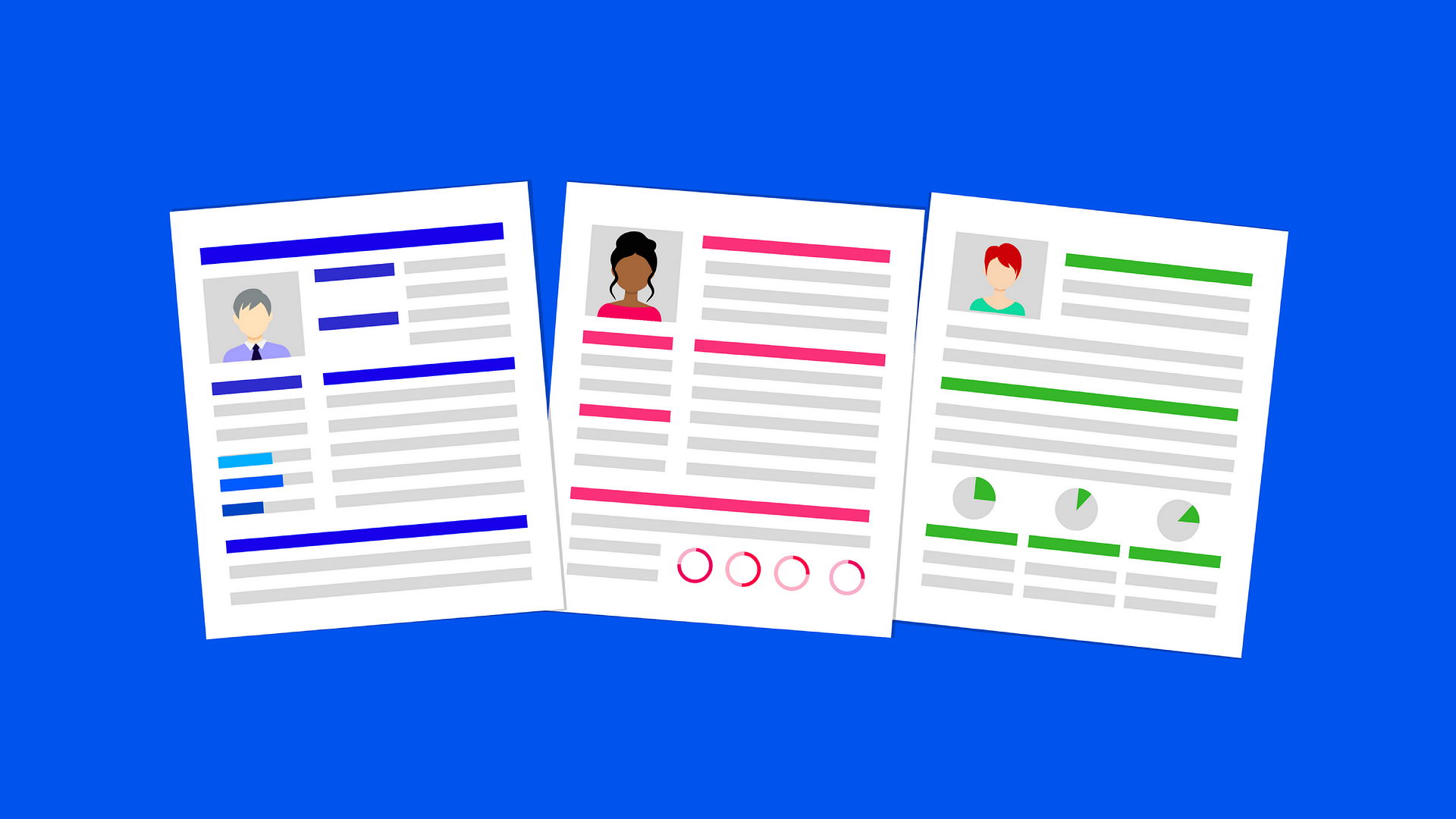Along with a serious threat to public health, the COVID-19 pandemic has brought with it a deep sense of risk to social and economic stability across the world. A lot of jobs are suddenly at stake with many even deemed as non-essential. While several global companies have taken a public stance to not lay-off their employees, this is likely an unexpected nightmare many of us are living today.
So should you be concerned about job security? Yes. Isn’t it always better to be prepared? Not to alarm you, but preparing for an unexpected future is a prudent strategy to follow throughout your career. But before you start to panic, here are some things you can internalize and practice to future-proof your career.
Be Proactive, Not Reactive
Think ahead and look at things from a career management lens instead of a transactional jump from your current job to the next. You are likely going to spend over 42 hours a week at work throughout your employable adult life. And, managing your career effectively is essential if you want to maximize your happiness and success at work and life. Start by defining your career goals, list your competencies, and chart out a broad action plan to achieve your goals. Refocusing from a response-to-stimulus strategy to a long-term action-oriented strategy will help you take charge and instill a sense of confidence and fulfillment.
Develop Your Personal Brand
We all have a very valid reason to be anxious right now and it may not seem like the best time for career management. But in reality, it is. Because of our changed routines, we now have a few more hours to spare each day. Take the time for some soul-searching and determine ‘your’ value proposition, your strengths, passions, and skills. Ask yourself, your friends, and colleagues what you are known for. Build a compelling CV and ensure it accurately defines you. Personal branding is essential for anyone who wants to advance in their career. It builds credibility, authenticity, and commands respect.
Create An Engaging Community
What’s a brand if no one knows about it? The same goes for your personal brand too. Engage with others and create a community of professionals in the same field around you. Networking will not just help you stay on top of skills but can also be an excellent platform to meet potential clients, mentors, or even employers. Start small by engaging with professionals online. Say you find a Linkedin post insightful, you can like it and leave a comment if you have anything more to share. You will be recognized as a person who has something valuable to share.
Stay Relevant
As software engineers, nothing rings truer than: change is the only constant. It is imperative for all of us to keep up with the frantic adoption rate of new technologies and market trends. Even if you have no experience, you can start by dedicating time to routinely self assess, read up, and identify skills that are most sought after and how they fit in your long-term plan. Mentorship programs, online tutorials, webinars, and podcasts are all great examples of ways to pick up new skills and stay relevant.
The MacArthur genius, psychologist and author of Grit – Angela Duckworth said, “Enthusiasm is common. Endurance is rare.” Endurance can help you overcome any situation. All successful people have one thing in common: they endured failures and obstacles. Endure and stay calm & future-focused in these trying times.
Bonus: Here are a few quick wins that will help you feel secure during the downtime.
– Staying at home need not be unproductive. Use your time to upskill.
– Embellish your resume and portfolio
– This is a paradigm shift. Be open to opportunities in new fields.
– Strengthen existing relationships. Connect with people within your network to see if they can refer you.
If your job search is urgent, consider Talent500 , a career accelerator & talent discovery platform with over 800 current openings. Sign up here and get discovered by Fortune 500 companies!
We’re checking 100 random resume submissions for free
That’s right. We’ll help you tailor your resume for premium job offers. Get one step closer to landing a Fortune 500 tech job. Submit your resume here!
This article originally appeared in People Matters on 12th May, 2020.







